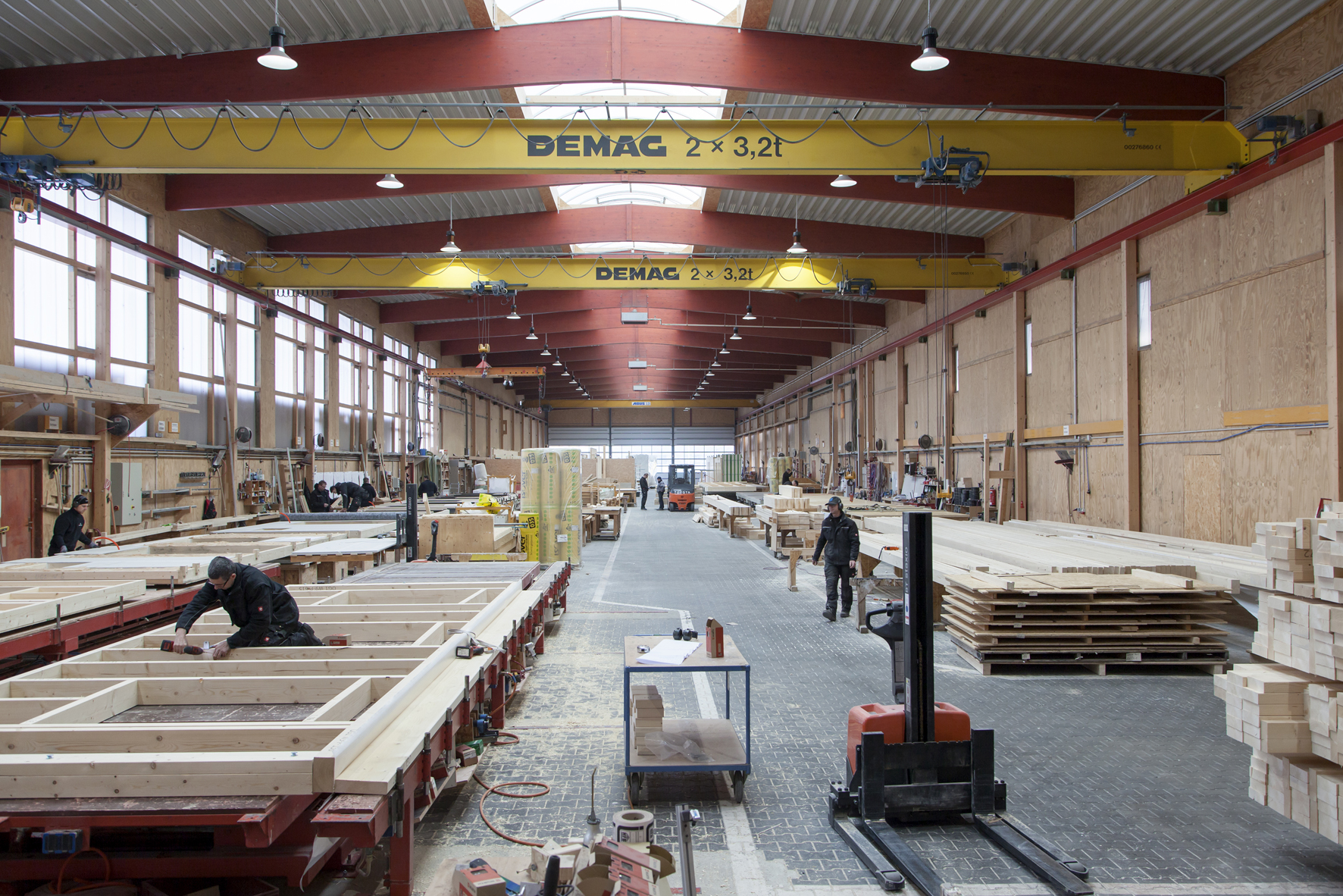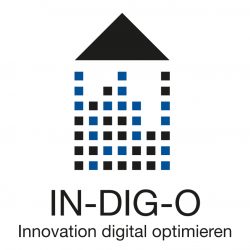GERMAN VERSION OF THE PAGE (GE)
VIGNETTE STUDY ON THE LEWIT TOOL
The LeWiT tool, which we developed in the IN-DIG-O project, serves to improve and promote the transfer of learning from continuing education into everyday work and to stimulate knowledge transfer in companies. It links formal and informal learning processes in the work process and triggers reflection processes. With the following survey, we offer you the opportunity to watch a short introduction to the LeWiT tool and then to answer some questions about the tool. In this way, you will get to know the tool better and can give us your assessment of the opportunities and risks of the tool. Your opinion is important to us, we look forward to your participation in the survey. You can find the survey at http://ls2017.aundo-braunschweig.de/index.php/877537?lang=de.
VIGNETTE STUDY ON KOOP-3D
The tool Koop-3D, which we developed in the IN-DIG-O project, uses virtual and multidimensional representations of buildings for the planning and execution of construction projects in small and medium-sized enterprises. The tool focuses on the integration of relevant information into a 3D model that is accessible to all trades, thus simplifying the transfer of information through standardized input masks and the development of a communication channel.
You have already read about our tool Koop-3D on our website and want to give your opinion? You work in the construction industry and can imagine using Koop-3D in practice? With the following survey we offer you the possibility to watch a short introduction to Koop-3D and to answer some questions about the tool afterwards. In this way, you will get to know the tool better and we will receive feedback from the field on the usability of the tool. Your opinion is important to us. Find the survey at https://ls2017.aundo-braunschweig.de/index.php/459211?lang=de.
EVALUATION STUDY ON THE LEWIT TOOL
Are you planning to attend a training or further education course soon or have you recently participated in one? Then we would like to introduce you to a way of integrating your newly learned knowledge into your everyday working life in a targeted and sustainable way with the help of the Learning and Knowledge Transfer Tool (LeWiT Tool).
The LeWiT tool is intended to support employees in qualification measures and the implementation of further training contents in practice. You now have the opportunity to benefit from this tool. In order to continuously evaluate the tool under difficult conditions due to the Corona pandemic and to be able to identify practice-relevant possibilities for improvement, your opinion is important to us.
If you would like to try out our LeWiT tool, you will be interviewed at two points in time with a short questionnaire of approx. 5 – 10 minutes. You can then benefit from a well-founded presentation of the results, in which your personal learning and knowledge transfer is reported back to you in a detailed and easy-to-understand manner. Afterwards, you will be invited to a digital interview in which you can reflect to us in more detail for about 1 – 1.5 hours on how you were able to use the tool for yourself personally, as well as which opportunities and possibilities for improvement you still see.
Participation in the questionnaire and interview is completely voluntary for you and can be cancelled at any time without giving reasons. All data will be anonymised and stored in accordance with the current data protection regulations. No conclusions can be drawn about your person during the evaluation.
If you are interested or have any questions, please contact us at projekt-indigo@tu-braunschweig.de. We look forward to receiving your feedback!
Interview study on learning transfer in the construction industry
Especially in the construction industry, trainings play a major role as a form of skills development, due to the lack of skilled labor shortage (Kauffeld & Frerichs, 2018). Unfortunately, research results show that a lot of trainings are ineffective and that only between 10 and 34 % of the learned knowledge gets applied to everyday work life (Hall, Smith & Dare, 2014; Saks & Belcourt, 2006). This is called the “Transfer problem” (Bergmann & Sonntag, 2006). Interviews in the framework of the project IN-DIG-O will examine which beneficial factors and which barriers facilitate/impede the transfer of new acquired skills and knowledge into work life. Also, we will analyze which factors are experienced as significant by the trainees and how organizations can enhance learning transfer.
If you are interested in participating in an interview or want to gain further insight, please contact Laura Kruse (l.kruse@tu-braunschweig.de).

